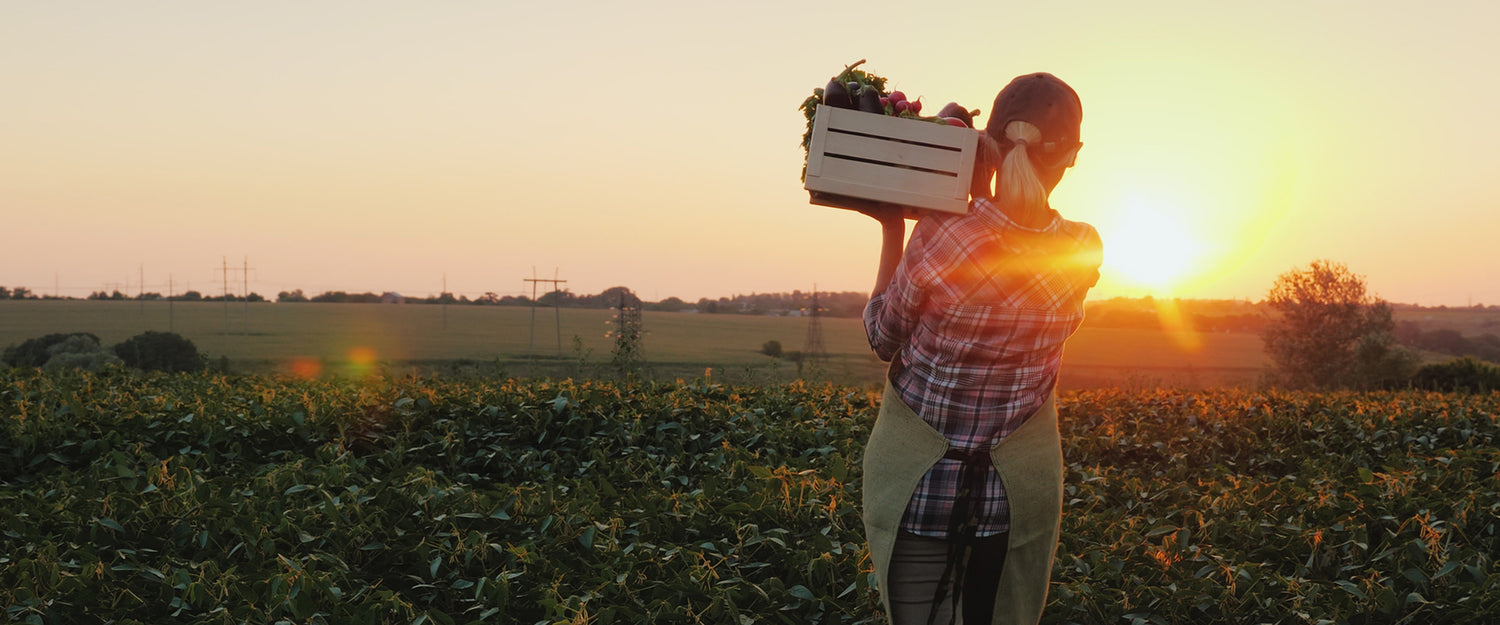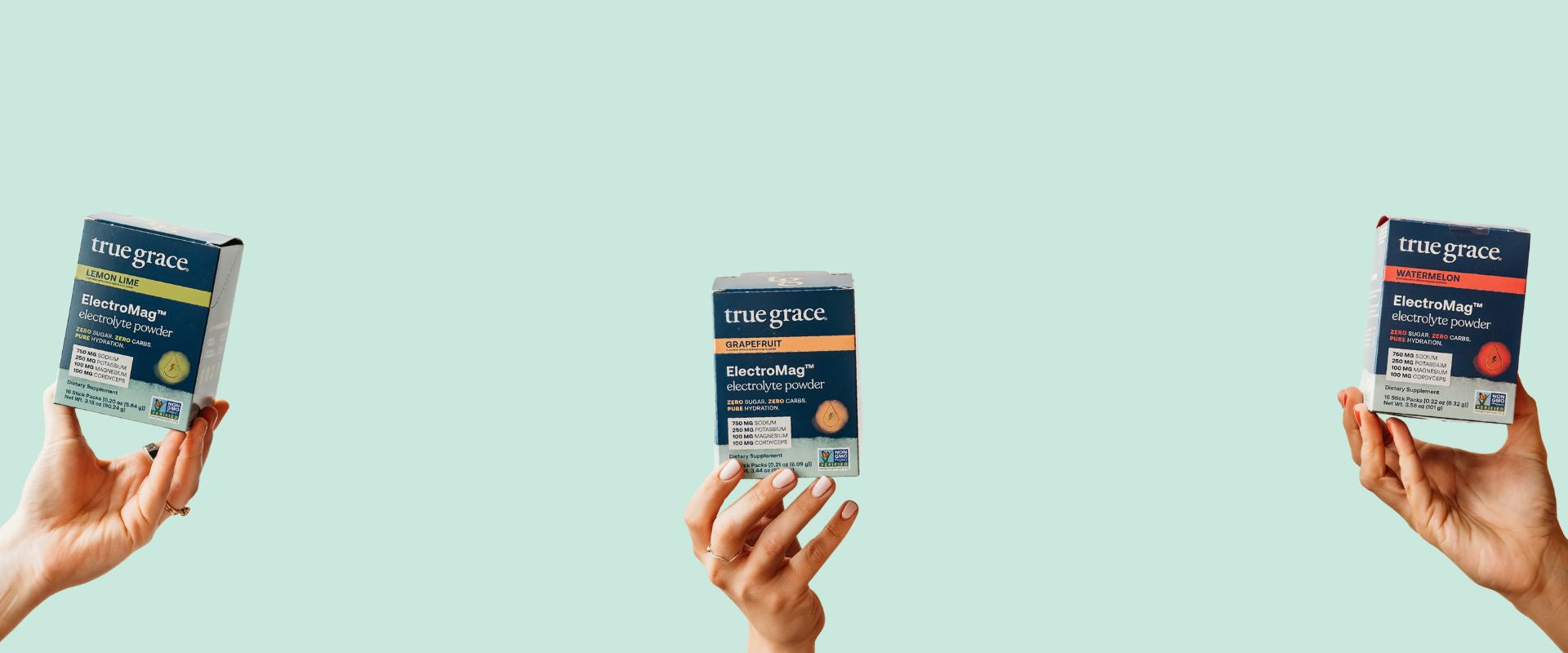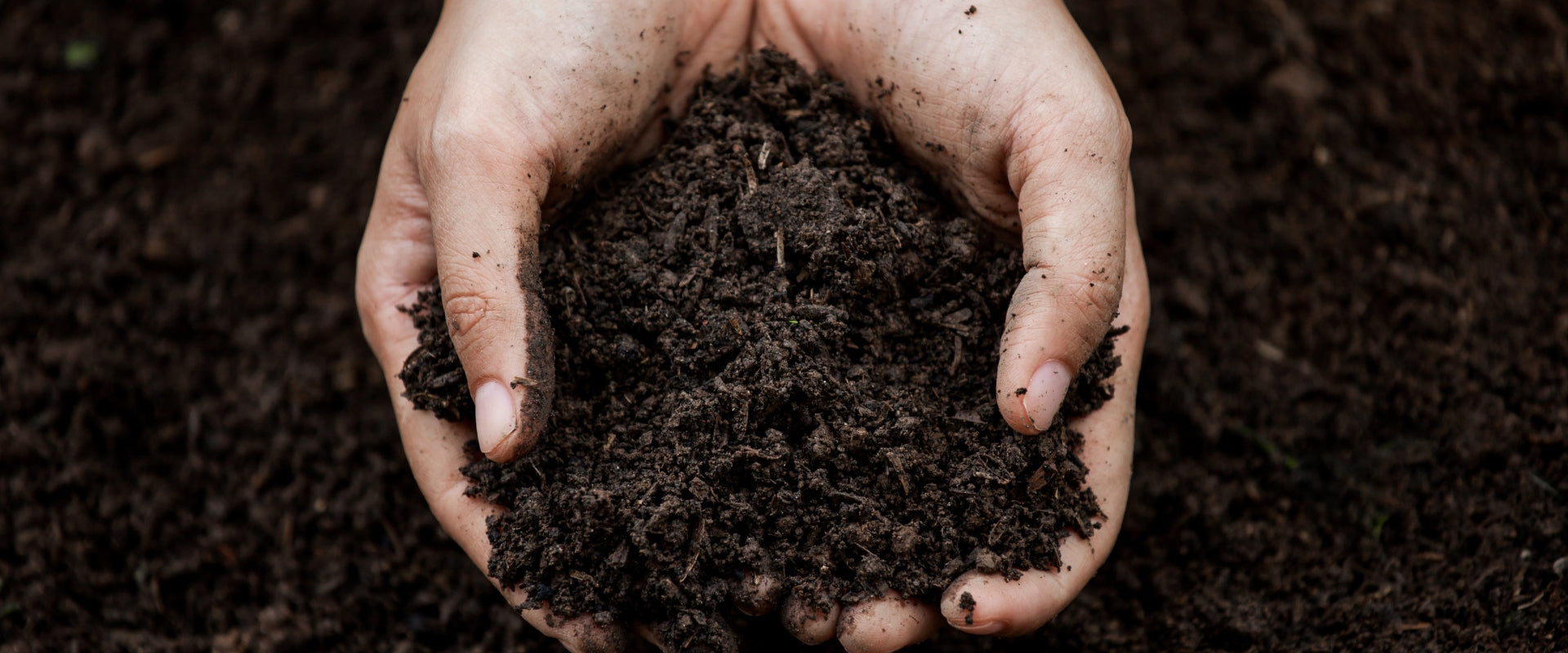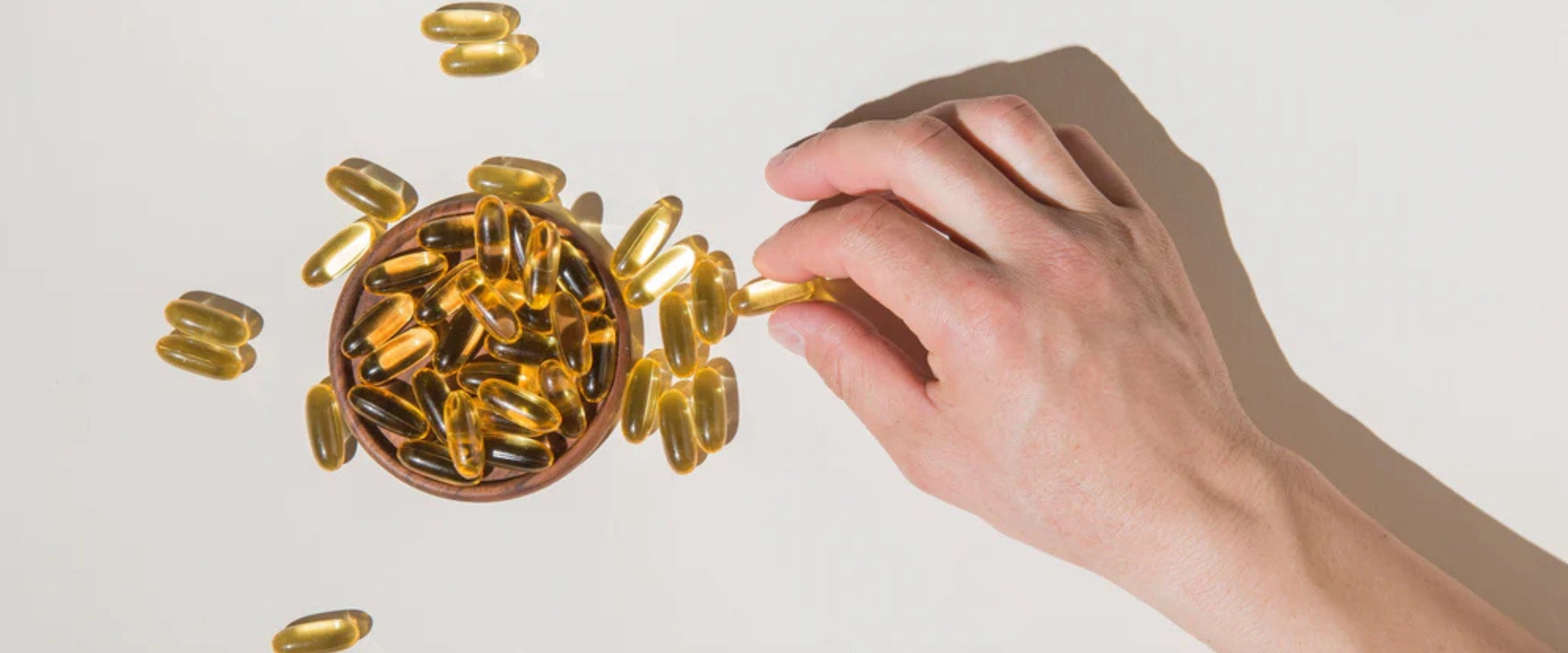We walk on it. Park our cars on it. Pave it and grow food on it. But until recently we haven’t truly understood just how important the earth’s soil is to, well, just about everything.
Intuitively we know that healthy soil affects our well-being. Think about the last time you put your hands in it, digging a hole to plant a bush or putting some mint or basil plants in pots of sweet-smelling soil. It feels and smells like nature, the place that all of us call home.
But for the past century humans have systemically destroyed the planet’s soil. The industrialization of food production has, in the words of the United Nations, so destroyed and depleted our topsoil that they predicted in 2013 we only had sixty harvests left before it could no longer grow food. As frightening as that prediction was, it was a wake-up call, and has led to remarkable efforts to restore health to our soil, and even led to new companies like True Grace.
But let me back up a bit. Soil is life. It not only helps to feed us, but it can do things like restore our fresh water and even regulate climate change. Picture a teaspoon of soil. It’s not very much, but if that soil is healthy that teaspoon holds over seven billion living things. Seven billion organisms in each teaspoon of soil, and the whole planet is covered with soil! Each of those tiny organisms is carbon-based, like us, and needs carbon to live. That’s one of the key purposes of photosynthesis-- to draw carbon down from the atmosphere into the soil to feed them. When we kill them with agricultural chemicals or by plowing (and destroying) their home, the demand for carbon drawdown is reduced, so nature leaves all of that carbon up in the atmosphere where it is changing our climate. The good news is that we can reverse this. Restoring soil health is pretty easy. Basically, all you have to do is grow food and ingredients in ways that work with nature, and not against it.
But restoring soil health also makes us healthier because it means growing more nutritious food. It also means supporting the two billion people around the planet that grow our food, more than half of whom are women.
That’s why The Carbon Underground created our Adopt-A-Meter program, where anyone can adopt a meter of degraded soil for just five dollars, and we’ll restore it. The money raised has restored tens of millions of meters, and for the past year we have specifically provided funds to women-owned or operated farms around the world. From India to Costa Rica to Kansas and California we have enabled female-owned farms to convert to regenerative practices and away from the Industrial ones that have destroyed their soil. True Grace has been a major partner in making that happen, with commitments to adopt meters when you buy their products at certain times of the year. True Grace, in fact, has helped us partner with the specifically to help BIPOC female farmers in the US improve their land, and their livelihood.
And this partnership goes beyond True Grace simply supporting the transition to regenerative agriculture. In fact, the global effort to restore our soil is quite similar to True Grace’s effort to restore and maintain our own health. Soil, like you, is living tissue. Like you, it’s healthiest when it has the right amount of micro-biomes in its system, or when the right bacteria and fungi are present. And since all of those contribute to the nutrition going into the plants we grow, the healthier our soil is the healthier our food is. And the healthier we are. It sounds simple, and in some respects it is, but with up to seventy percent of the world’s topsoil having been destroyed or degraded it means we all need to work to regenerate and maintain its health. When we do, we get more nutritious food, grown without chemicals. And every time we restore a meter or an acre of farmland we restore nature’s ability to use soil to keep carbon—and our climate—in balance. How many simple things can you do that restore and maintain your health, and that of the planet?
It takes a village to save a planet. All of us need to support companies that are supporting healthy soil. We all need to ask companies if they are growing their ingredients regeneratively, or on the path to doing so. We need to ask the stores we shop at, or the farmers at Farmers Markets, if they’re supporting regenerative agriculture. If they are, support them.
It all comes back to two things: a healthier you and a healthier planet. And the fact there is nothing on earth with a greater capacity to achieve both than having healthier soil.
To learn more, visit thecarbonunderground.org or adoptameter.org.




